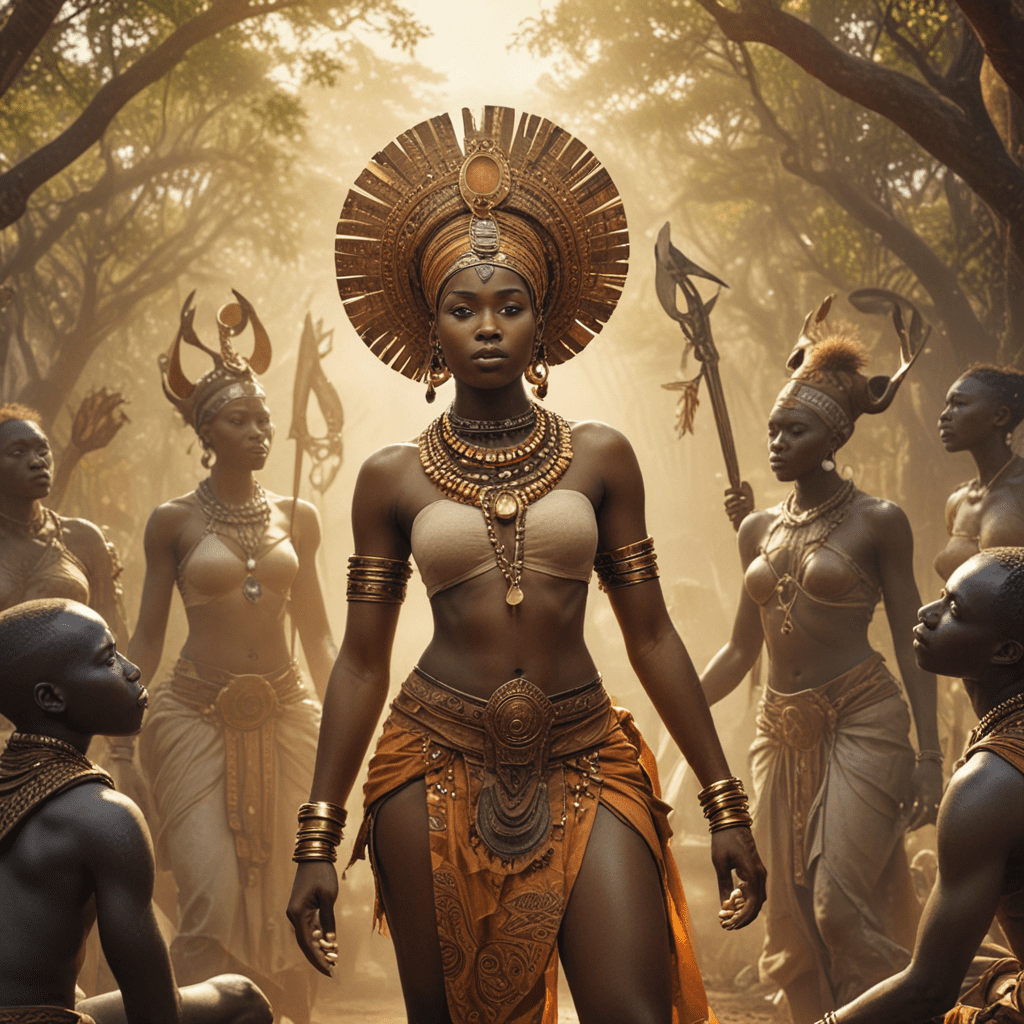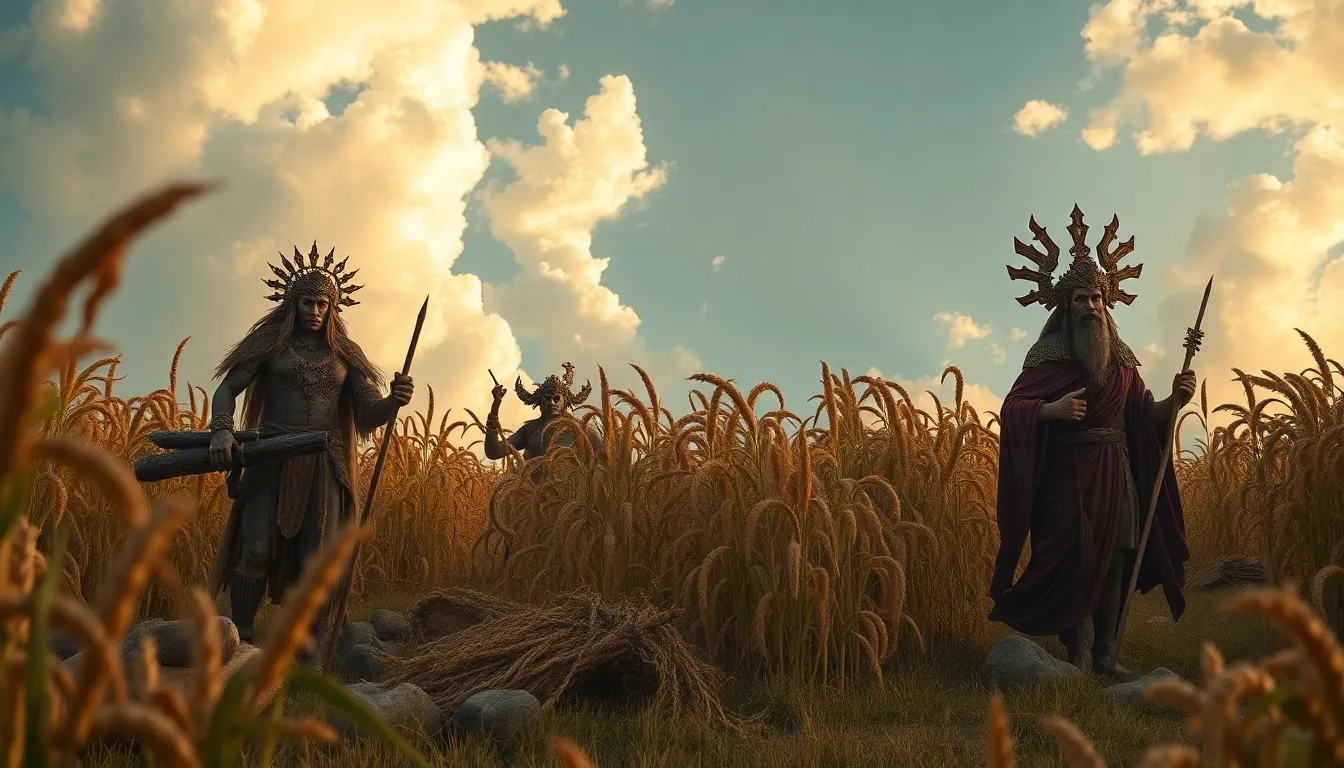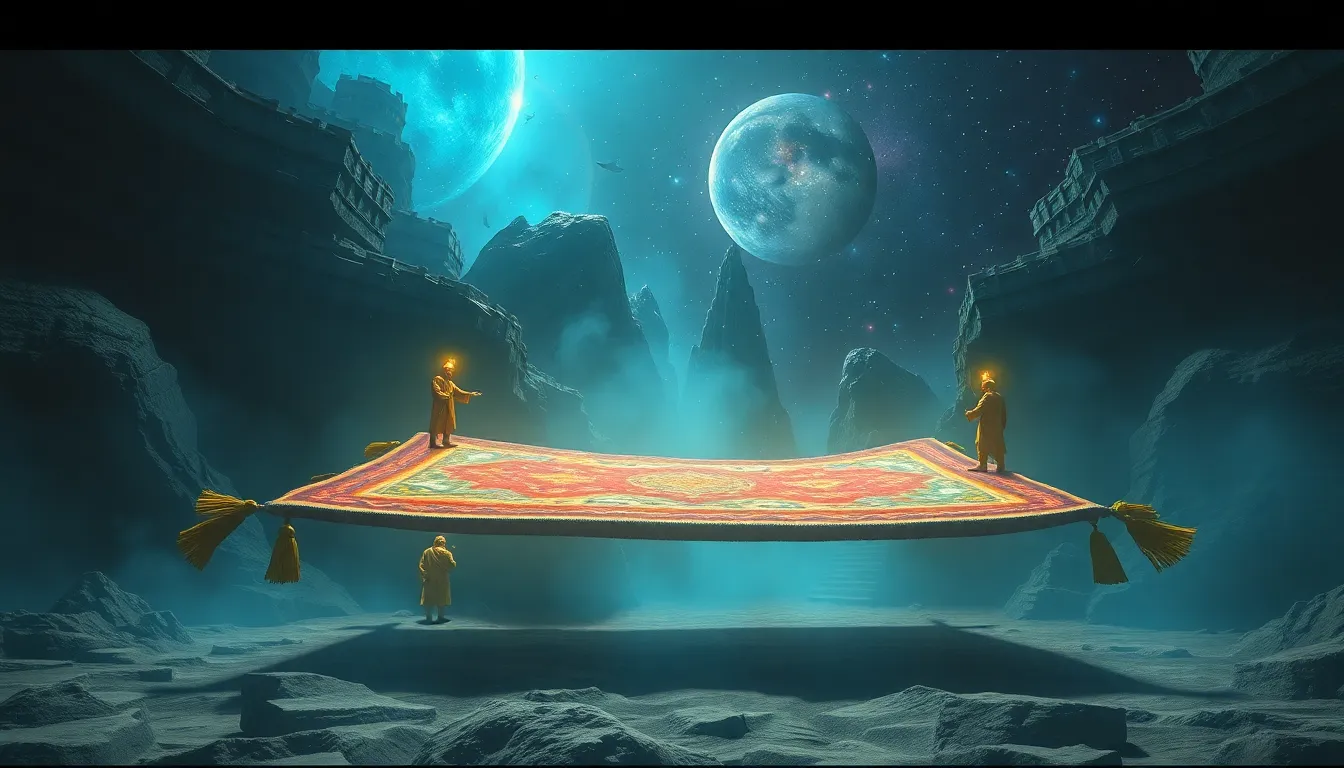Overview: The Rich Tapestry of African Mythology
The mythology of Africa is a diverse and captivating tapestry woven from the threads of numerous cultures and traditions that have flourished across the continent for centuries. From the ancient tales of creation to the heroic adventures of legendary figures, African mythology provides a profound insight into the beliefs, values, and aspirations of the African people.
Geographic Scope: Mythology Across the African Continent
The vast expanse of Africa has fostered a remarkable diversity of mythological traditions, each with its own unique characteristics and influences. From the vibrant storytelling traditions of West Africa to the intricate cosmologies of East Africa, and the rich oral histories of Southern Africa, African mythology encompasses a wide range of geographic and cultural contexts.
Cultural Diversity: A Mosaic of Beliefs and Traditions
The cultural diversity of Africa is reflected in the extraordinary variety of mythological beliefs and traditions that exist across the continent. Each ethnic group and region has its own distinct mythology, shaped by its unique history, environment, and cultural practices. This diversity is evident in the different creation stories, hero tales, trickster figures, deities, and rituals that form the fabric of African mythology.
Shared Themes: Common Threads in African Mythology
Despite the cultural diversity, African mythology also exhibits a number of common themes that transcend geographic and ethnic boundaries. These shared themes include a profound reverence for the natural world, a belief in the power of ancestors, and a deep sense of community and interconnectedness. These themes provide a unifying thread that connects the diverse mythological traditions of Africa.
Origin Myths: Explaining the Creation of the World and Humankind
Origin myths play a central role in African mythology, providing an explanation for the creation of the world, humankind, and the origins of the natural order. These myths often feature a powerful creator deity who brings the world into being from chaos or nothingness. The creation of humankind is also a common theme, with many myths depicting the first humans as being formed from clay, wood, or other natural materials.
6. Hero Tales: Legends of Courage, Strength, and Adventure
African mythology is replete with hero tales that celebrate the courage, strength, and adventure of legendary figures. These heroes often embody the ideals and values of their respective cultures, and their stories serve as inspiration and guidance to generations of Africans. From the brave warriors of West African epics to the cunning hunters of Southern African folklore, African hero tales showcase the extraordinary feats and remarkable characters that have shaped the continent's history and imagination.
7. Trickster Figures: Humorous and Wise Characters who Break the Rules
Trickster figures are a ubiquitous presence in African mythology, embodying a unique blend of humor, wisdom, and rule-breaking. These characters often play the role of a jester or joker, using their cunning and wit to outsmart opponents, expose hypocrisy, and challenge established norms. While trickster figures can be mischievous and unpredictable, they also possess a deep understanding of the human condition and often serve as agents of change and social commentary.
8. Deities and Spirits: Divine Beings and Their Roles in the Cosmos
African mythology is populated by a vast pantheon of deities and spirits, each with their own unique powers, domains, and responsibilities. These divine beings play a central role in the creation and maintenance of the world, and their actions and interactions have a profound impact on human affairs. From the supreme creator deities of West African mythology to the ancestral spirits of East African folklore, African deities and spirits embody the sacred and mysterious forces that shape the lives of mortals.
9. Rituals and Ceremonies: Honoring Deities and Connecting with the Divine
Rituals and ceremonies are an integral part of African mythology, providing a means to honor deities, connect with the divine, and celebrate the important events of life. These rituals often involve music, dance, drumming, and the use of sacred objects. They serve to strengthen the bonds between communities, reinforce cultural values, and provide a sense of spiritual connection and purpose.
10. The Significance of Mythology: Preserving Culture and Fostering Unity
African mythology plays a vital role in preserving the rich cultural heritage of the continent. It serves as a repository of knowledge, values, and traditions that have been passed down through generations. By sharing and celebrating their myths, Africans maintain a connection to their shared history and cultural identity. Furthermore, mythology fosters a sense of unity and belonging among diverse African communities, providing a common ground for understanding and cooperation.
FAQs
What are the most common themes found in African mythology?
- Reverence for the natural world
- Belief in the power of ancestors
- Importance of community and interconnectedness
What is the significance of trickster figures in African mythology?
- They provide comic relief and entertainment
- They challenge established norms and expose hypocrisy
- They represent the human condition and serve as agents of change
How do rituals and ceremonies contribute to African mythology?
- They honor deities and connect with the divine
- They reinforce cultural values and strengthen community bonds
- They provide a sense of spiritual connection and purpose


